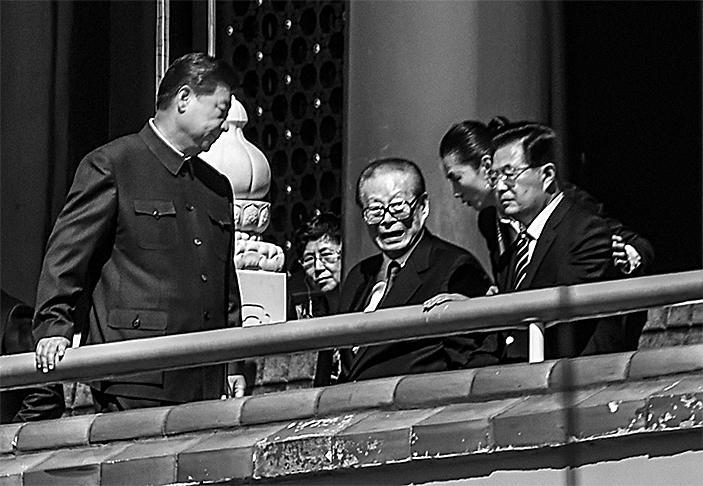Commentary
Amid Xi Jinping’s recent anti-corruption campaign that targets China’s political and legal system, many officials who were recently taken down were part of the “610 Office.”

Amid Xi Jinping’s recent anti-corruption campaign that targets China’s political and legal system, many officials who were recently taken down were part of the “610 Office.”